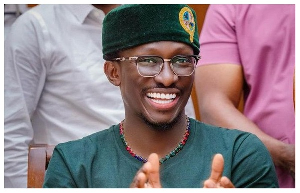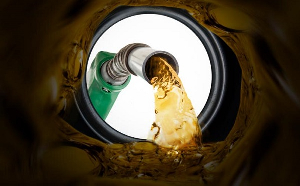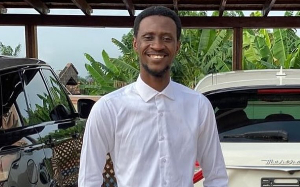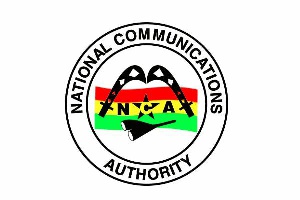The European Commission and the German Federal Ministry for the Environment, Nature Conservation and Nuclear Safety (BMU), have each announced a €5 million contribution to United Nations Development Programme (UNDP) to help 25 developing countries to reduce their greenhouse gas (GHG) emissions.
The joint Low Emission Capacity Building Programme (LECBP), which now has a budget of more than €32 million, was launched in 11 countries in 2011 with contributions from the European Commission and BMU, and expanded to a further 14 countries in 2012 as a result of additional funding from the European Commission and the Government of Australia’s Department of Climate Change and Energy Efficiency (DCCEE) and the Australian Agency for International Development (AusAID).
The UNDP announced this in a press statement made available to the Ghana News Agency (GNA) on Friday.
According to the statement, the Programme supports participating countries by helping them to develop low-emission development strategies and nationally appropriate actions to reduce or mitigate GHG emissions.
The statement noted that it also helped the countries to design systems for better measuring, reporting and verification of results.
It said the LECBP was consistent with and fully integrated within UNDP’s, the European Commission's and Germany's broader support to assist countries with their Green Low Emission, Climate Resilient Development Strategies.
“It is these increasing emissions in the atmosphere that are causing climate change – and the amount of GHGs being released reached a new record high in 2011, according to the World Meteorological Organization,” the statement said.
“There is an urgent need to act now to mitigate and adapt to the effects of climate change. This is a global challenge and requires global solutions. Without effective responses, there is a real risk of reversing decades of progress in lifting people out of poverty. These generous contributions from the European Commission and Germany show a big commitment to addressing the climate crisis.” The statement cited Helen Clark, Administrator of UNDP.
"This is another example on how developing countries can count on the EU. Also beyond 2012, the EU will continue to support actions to fight climate change. This will benefit us all," the statement quoted Connie Hedegaard, European Commissioner for Climate Action.
The statement again quoted Peter Altmaier, the German Federal Environment Minister saying: "We need international cooperative initiatives to limit global warming. The LECBP is such an initiative and it is also about encouraging all countries to cooperate and to increase mitigation efforts jointly."
The statement emphasized that the EU funds (€5 million) will be used to create a Network of Centres of Excellence (“NAMA-Net”) to assist country teams to move beyond designing technically sound Nationally Appropriate Mitigation Action concepts, or NAMAs as they are known in the climate talks, to financially mature NAMA proposals that can satisfy the more stringent funding and implementation requirements of the investor community.
It said the German contribution (€5 million) would primarily be used to address the critical barriers that were hampering developing countries under the Programme from scaling up their mitigation ambitions in a way that also enhances national development goals.
The statement reiterated that particular attention would be paid to increasing private sector engagement throughout the design and pre-implementation phases of low-emission development strategies and improving public and private expenditure reporting on climate finance.
Regional News of Saturday, 22 December 2012
Source: GNA
















